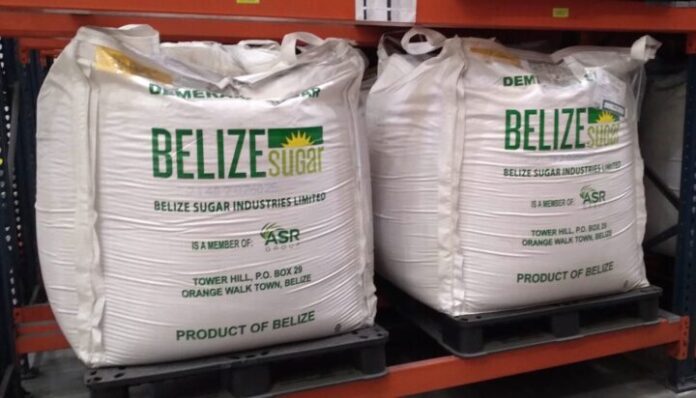The price of sugar may increase as the country’s northern cane fields face a crisis attributed to climate change and a fast-spreading fungus called Fusarium. The infestation has reportedly caused over $50 million in losses, delivering a severe blow to one of Belize’s most important industries. As a result, the Ministry of Agriculture is considering an increase in the domestic price of sugar.
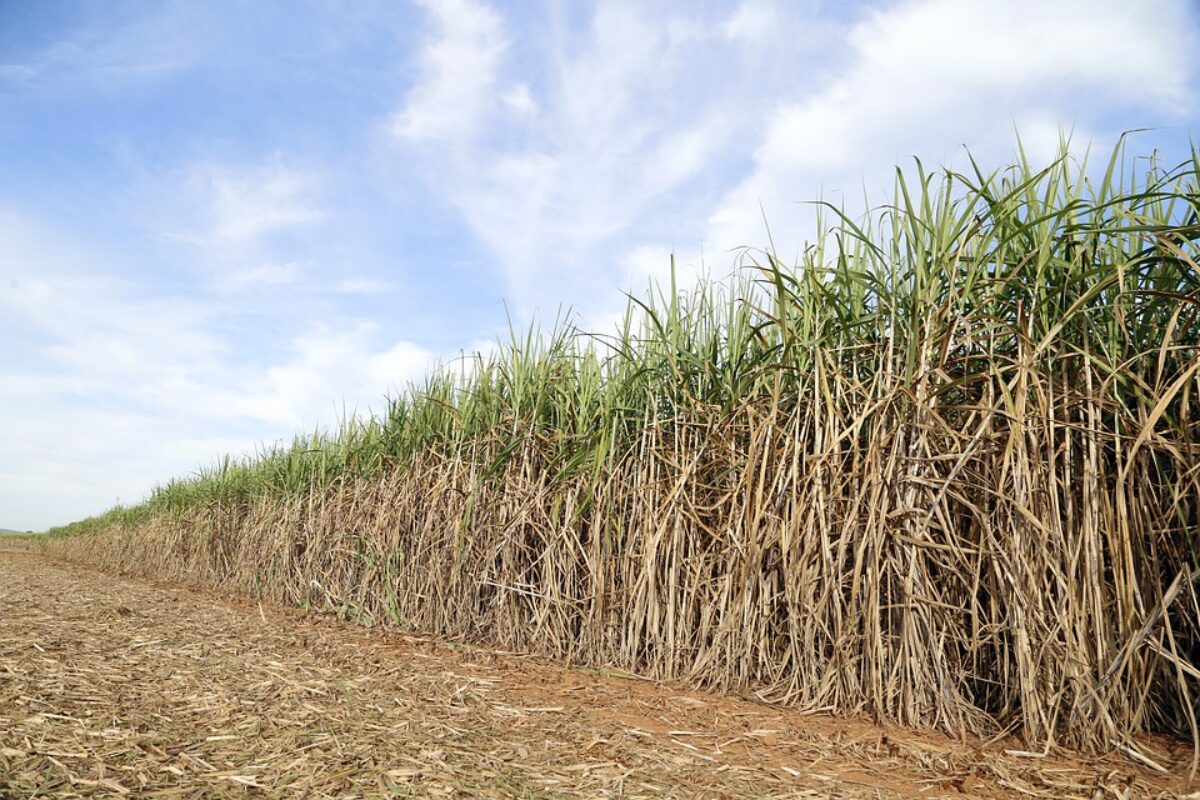
To combat the outbreak, the government is exploring a biological treatment using the Trichoderma fungus. According to reports, $500,000 has been allocated to a pilot project aimed at controlling the disease ahead of next year’s crop season.
In the meantime, the Honorable Jose Mai, Minister of Agriculture and Food Security, supports the proposal to increase local sugar prices. “It must be discussed with the miller. Some people say you should not raise the price of sugar. We have the cheapest sugar in the entire region. As a matter of fact, we are not even recovering what we invest with the price of the sugar,” Mai said. “We are producing, we are selling at a cheaper price than what it costs us to produce sugar, which is absolute nonsense, no one can survive like that. So, the farmers have been subsidizing the general public with sugar.”
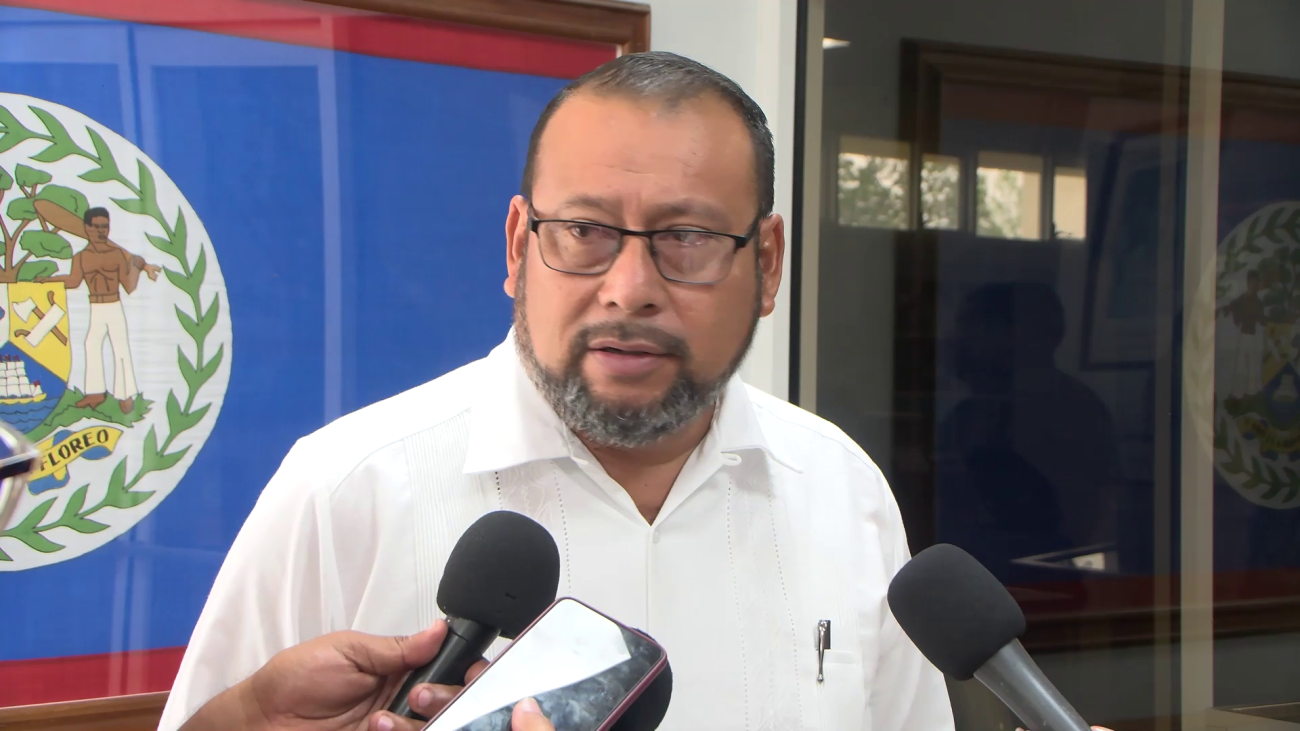
Mai added that the price increase will not significantly affect consumers. “Why? Because of our per capita. The amount of sugar each person consumes is very little,” he said.
He also noted that Belize’s sugar output dropped by 25,000 tonnes this year. Mai raised concerns about sugar contraband from Mexico, where prices are reportedly three times higher than in Belize. “Clearly, if the price of sugar is three times more expensive there, and ours is 75 cents here, the contraband becomes rampant and uncontrollable,” Mai said. “That’s why we are saying that we need to increase our price to maintain our sugar here, and we will not import from the United States this year.”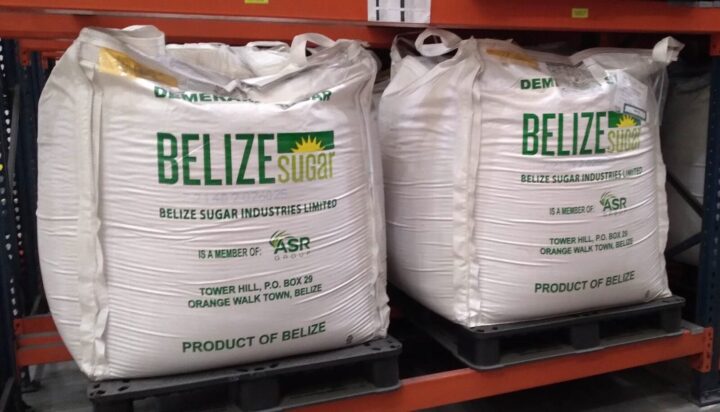
The proposed increase in the price of domestic sugar in Belize has caught the attention of major consumers. The multinational beverage company Bowen and Bowen, one of the largest local consumers of Belizean sugar, weighed in on the matter via a statement, saying, “Any adjustments to local sugar pricing would affect the competitiveness of Belize-made products.”
The company suggested that instead of a price increase on the local market, efforts should focus on improving sugarcane yields per acre to align more closely with regional standards.
Minister of Agriculture Hon. Jose Abelardo Mai rejected the suggestions in the statement, stating that local sugar is currently being sold at a loss. “If there is an increase in the price of sugar, it has to be a structured increase. It means that it will be a price for large consumers, such as Bowen and Bowen, or for industrial users like bread makers. You cannot sell them a product at the same price that you sell one sack of sugar. We will meet with the stakeholders and discuss these things before we implement any increase,” Mai said.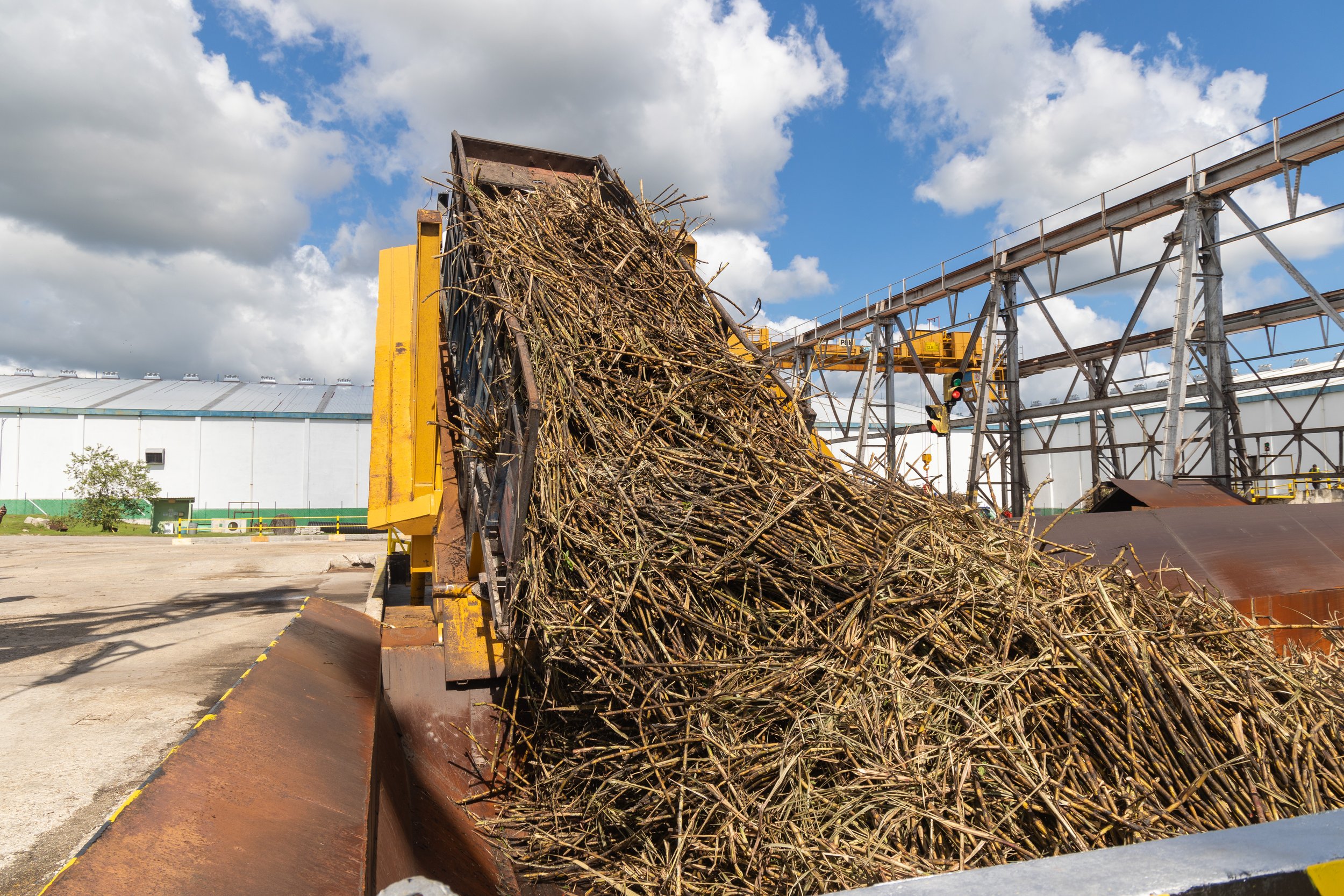
Meanwhile, farmers say they are struggling to survive, with many relying on loans to maintain their fields. However, banks have begun pulling back support due to declining yields and ongoing instability in the industry. In response, the Cabinet met on July 1, 2025, to address the worsening crisis. During the meeting, they discussed the findings of the Commission of Inquiry into the sugar industry and approved key elements of a Strategic Action Plan. Among the approved measures is the establishment of a Sugar Cane Industry Authority, which will be tasked with making strategic decisions aimed at updating, improving, and potentially revamping the industry.

